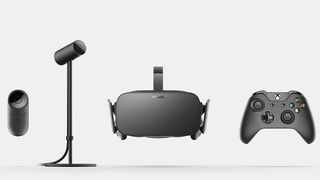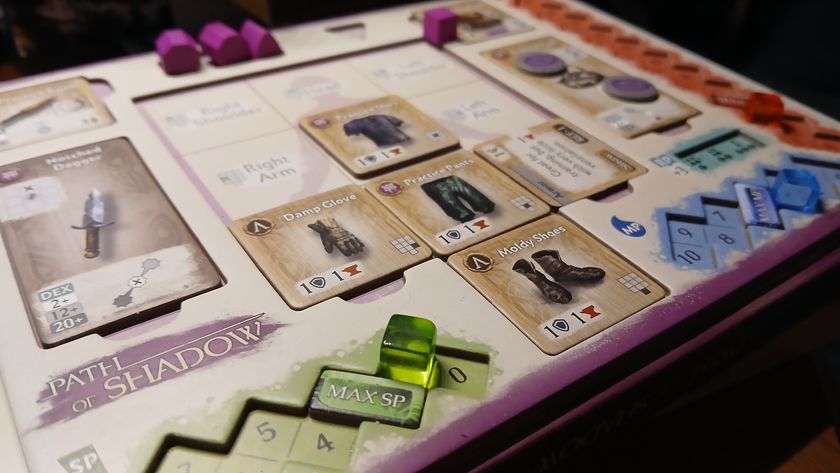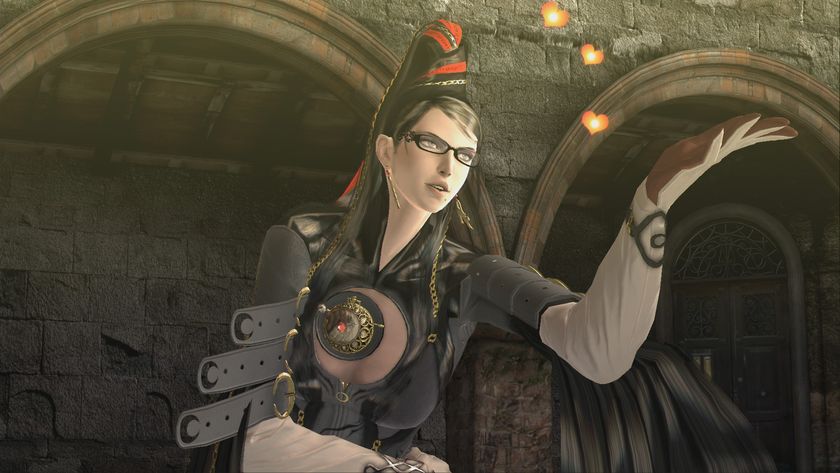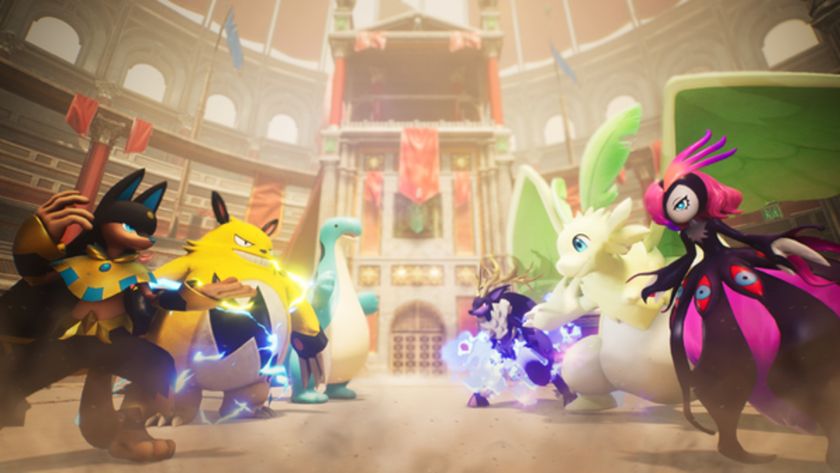The smartest VR company of all? Microsoft
Sony has played its VR hand. The PS4 will get its own virtual reality device in October, and if the speed at which pre-orders have sold out are any indication, the console-owning world is excited to be strapping on goggles and delving into a new world of gaming. So too PC owners, who have already reserved a healthy number of Vive and Oculus headsets and are now furiously working out how much it'll cost to upgrade their rigs. Microsoft, meanwhile, has been relatively quiet about VR, but is that such a bad thing?
Well, Microsoft - much as it may publicly protest otherwise - is playing a 'wait and see' game with future tech. While it has shown off AR (augmented reality) peripheral Hololens, the hype has been far more muted. Cynics might take this as a sign that Microsoft has made another misstep, as they did with the launch of Xbox One and the back-tracking on Kinect 2.0. It's their Betamax moment. Perhaps, but that's likely far too naïve an assumption, because it's very clear that Microsoft has emerged from the launch of Xbox One far wiser and more cautious than it was in 2013.

Speaking to me back in 2015, Head of Xbox Phil Spencer was deliberately cautious of cheerleading Hololens, despite wanting to discuss it. “It's too early to set the philosophy for Hololens out yet,” he admits. “I'll say for us, we don't know really what's going to work, but where we start is: what do we think HoloLens is as a platform? It's untethered, it's a standalone device, so we should look at experiences that let you move, because that's what the device is about. We think it's 'mixed reality' is opposed to a VR world, so let's work on building experiences that are mixed reality to make sure we're proving out something that drives gamer delight.”
Hololens itself was likely rolled out as deliberate point of difference to PlayStation VR. 'Sony wants to back virtual reality? Ok, then we'll say augmented reality is the future - you've seen the Star Trek holodeck, right?' That's a gross over-simplification, but you get the picture. It was either that, or stay out of the VR/AR game altogether, which wouldn’t fill Xbox owners with confidence that they’d backed the right console. Perhaps if Microsoft was thriving and leading the console race as it did with Xbox 360, silence would be a very valid response because the ‘winner’ can set the agenda. However - especially back in 2014 - the company was desperately playing catch-up.
As such Microsoft now finds itself in what appears to be a sticky situation: the tech is far more complex in Hololens, the short-term potential more vague, and the idea of AR hasn't been backed by two other, massive hardware/software companies. Spencer himself admits that even Microsoft is unsure of what Hololens will be. “We've created a something with HoloLens that's different from VR - not saying it's better or worse... just that it's different. In reality, when it gets in the hands of the developers, it'll be something we didn't expect.”

At first glance it seems like Microsoft can't catch a break, that it has backed the wrong virtual horse again. Hololens is costing money, its rather expensive development kits have some well publicised issues, and few people are really talking about it in a positive way. So, Microsoft should have backed VR then? Um, well...
That's all rather dependent on VR actually catching on. It's equally likely that the VR horse will be headed to the glue factory in a couple of years; another fad gone the way of 3D TVs, QR codes, and LaserDisc. Expensive tech needs a humongous amount of support to keep it alive long enough to reach 'mass market appeal' - the kind of popularity that leads to price-drops, everyday acceptance, and general integration into popular culture. If VR doesn't get the crucial support of major game makers, software producers, movie studios and - let’s be realistic - the porn industry, it's in grave danger of becoming the next expensive dust magnet in the homes of early adopters. Sure, Sony is set to make money on every single PSVR unit (although the company isn’t confident enough of success on PS4 alone, and is - rather tellingly - investigating PSVR compatibility with PC), but that's no guarantee of long-term cash. Lack of demand will soon force profit-smashing price-cuts on the headset makers, and it’s tough to reverse public perception one tech has started to lose popularity.
Sign up to the 12DOVE Newsletter
Weekly digests, tales from the communities you love, and more
At which point those who didn't go 'all in' on virtual reality are looking rather smug. Lookin’ at you, Microsoft.

Thing is, Microsoft has the opportunity to win either way. If VR fails, Microsoft can either choose to quietly kill Hololens and dismiss 'other reality' tech as a fad, or capitalise on the appetite for innovation by clearly proclaiming its own expensive-peripheral thingy as 'the new future'. If VR does become a part of everyday life, Microsoft could easily leverage the close relationship between PC and Xbox One to bring one of (the most popular) headsets to its console. In terms of hardware, there are few barriers between Oculus / Vive and Xbox, and certainly nothing a redesigned console and a few firmware updates couldn't fix. Hell, there’s already a working relationship in place between Microsoft and Oculus to supply the controllers for Rift.
Perhaps the less kind corners of the internet will accuse Microsoft of yet another backtrack if it decides to embrace VR in favour of AR but, providing the experience is credible enough, these criticisms will soon be forgotten. In this industry you're only ever a few years away from disaster or redemption, as the PS3 to PS4 story proves. Give the people what they actually want (or what they will want in the future), and you win: it's that simple. Is VR what people genuinely want? We'll have a better idea of that in 12 months, and while I personally love the tech (got me a sweet PSVR pre-order, folks), I can't say with certainty that it'll be the success story it deserves to be.
Has Microsoft missed the boat with VR? No way. Its absence from the current virtual reality conversation is noticeable, but the Xbox owner could be far smarter keeping a polite distance than most give it credit for.
















